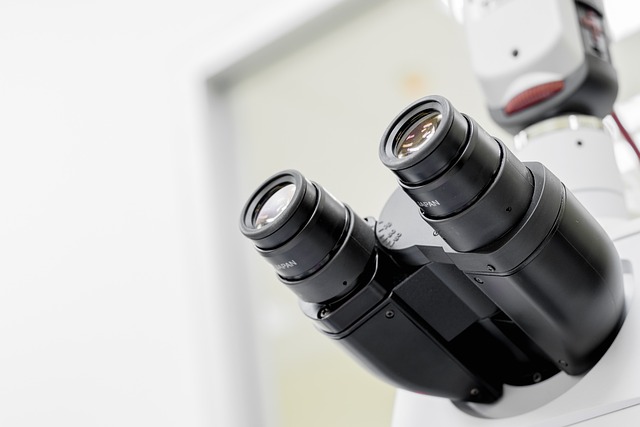
Advancing in Innovation: The Science and Technology of Self-Development in Workplace Culture
In today’s fast-paced world, the importance of self-development cannot be overstated, especially within the context of workplace culture. As organizations strive for innovation, they must also focus on fostering an environment where employees can grow, learn, and advance. The intersection of science and technology plays a pivotal role in facilitating this transformation.
On a scientific level, psychology has long explored the mechanisms behind personal growth. Theories on motivation, learning styles, and emotional intelligence provide a solid foundation for understanding how individuals can enhance their skills and abilities. When employees are encouraged to engage in self-development practices—such as setting up personal goals or seeking feedback—they tap into their intrinsic motivation, often leading to greater satisfaction and productivity in the workplace.
Technology, on the other hand, has revolutionized the avenues through which self-development can occur. With the rise of e-learning platforms, mobile applications, and virtual coaching, employees now have access to a wealth of resources that cater to various learning needs and preferences. Organizations can harness these technologies not just as tools, but as integral components of their workplace culture, promoting continuous learning and adaptation.
Combining science and technology can lead to innovative solutions that embed self-development into the very fabric of company culture. For instance, data analytics can identify skill gaps among teams, enabling tailored training programs to bridge those gaps. Furthermore, adopting collaborative tools encourages knowledge sharing and mentorship opportunities, fostering a community where self-improvement is celebrated.
Creating a workplace culture that prioritizes self-development requires intentionality from leadership. When executives model self-improvement by pursuing courses, attending workshops, or even sharing their own learning experiences, they set the tone for others. This open approach not only enhances trust and camaraderie but also underscores the importance of lifelong learning—a key driver in an innovative landscape.
Moreover, organizations that support self-development initiatives often see enhanced employee engagement and retention. When staff recognize that their employer values their personal growth, they become more invested in their roles. This shift not only boosts morale but also cultivates a workforce that is agile, skilled, and ready to tackle challenges head-on.
As we navigate through an era marked by rapid change and disruption, the synergy between science and technology to promote self-development in workplace culture cannot be overlooked. By embedding these principles within their operations, organizations stand to cultivate a workforce that is not only forward-thinking but also equipped to push the boundaries of innovation.



